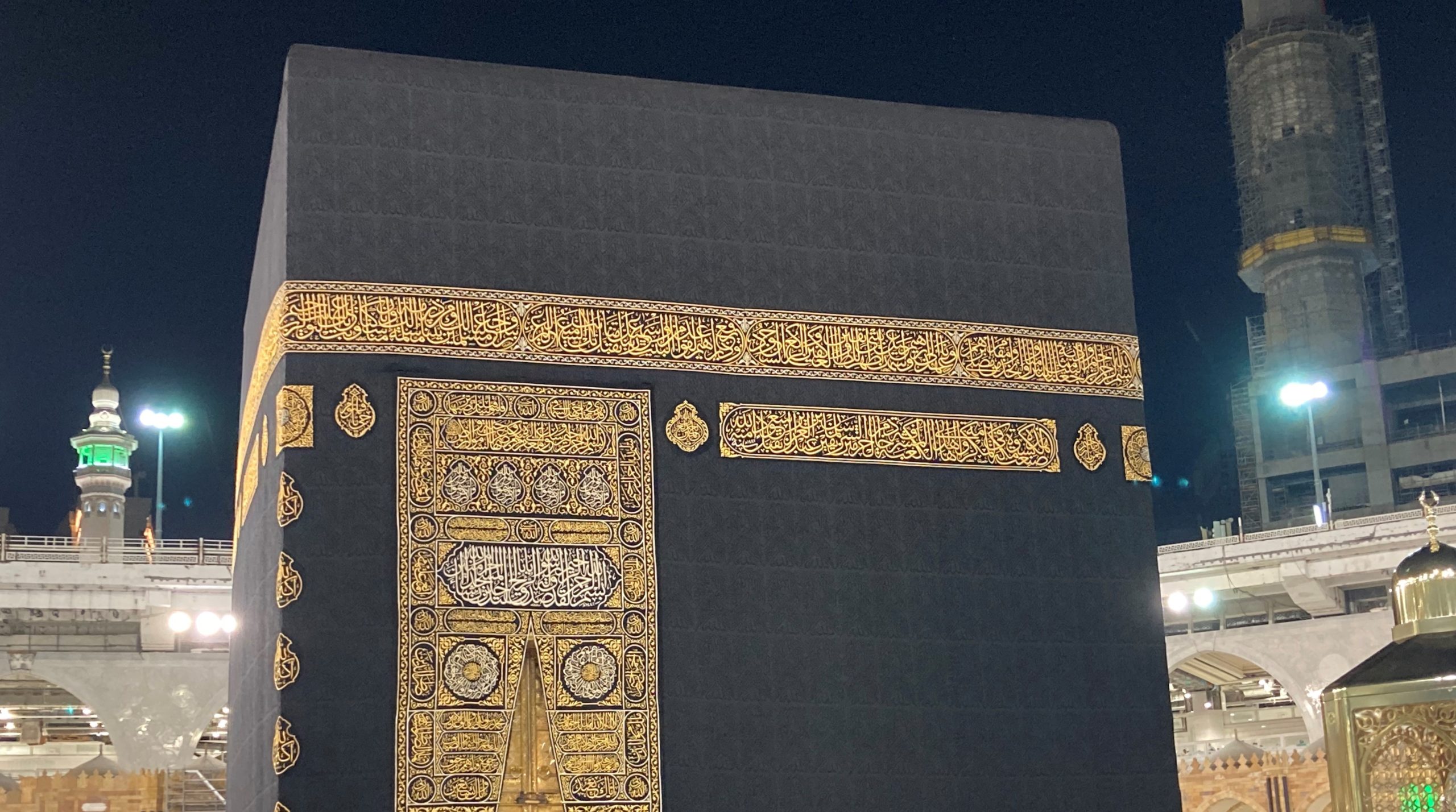Late Meccan surah named after the place where the people of Hud AS, the tribe of Ad, lived. This is now referred to as the Empty Quarter of Arabia, an inhospitable desert.
The surah was revealed at the time when the believers were exiled to the outskirts of Makkah and there was an economic embargo upon them. Khadija RA and Abu Talib, the Prophet’s ﷺ uncle and protector had passed away.
The Prophet ﷺ went to Taif to seek support for his mission but the people mocked him and rejected his message. The children stoned him out of town, causing him and his companion Zaif RA to bleed. He ﷺ was totally dejected.
Themes
- Allah SWT’s infinite power versus the powerlessness of the pagan idols.
- Honouring ones parents.
- Everyone will be judged and rewarded according to their deeds.
- Reference to a group of Jinn who overheard the Prophet ﷺ on his way back from Taif reciting the Quran. They were amazed by the recitation and urged their people to reform their ways.
- Advice to the Prophet ﷺ to be patient, reminding him of the fate of those who reject the truth.
Selected Verses
3: Allah SWT created the heavens and the earth and everything in between for a specific purpose and a specific term.
4-6: Asking the pagans what their idols have created or what they have revealed. They cannot speak and are unaware of the worship of the pagans. When Allah SWT allows these idols to speak on the Day of Judgement they will disown their worshippers worship.
9: Prophet Muhammad ﷺ is not the first Messenger sent to humanity, rather the last in the line of prophets from the same religion.
12: The Quran is a confirmation of the Book of Musa, in the Arabic tongue.
13-14: The reward of those who believe in Allah SWT and remain steadfast in their trials is eternal life in Jannah.
15-16: Commandment to honour one’s parents and be dutiful to them, especially the mother who bore you, gave birth to you and suckled you. When one reaches their prime (around 40) they realise all the favours Allah SWT has bestowed upon them and their parents. They are thankful to Allah SWT, pray for righteousness in their children, repent to Him and submit to His Will. These are the people, along with the residents of Jannah, whom Allah SWT will accept their good deeds and overlook their bad deeds.
Thus goodness to parents and obeying Allah SWT are combined along with disrespect to parents and disobedience to Allah SWT.
17-18: There is no guarantee that the offspring of the righteous will also be believers – all one can do is to pray for their children to remain on the straight path. Everyone is responsible for their own deeds.
19-20: Each will be ranked according to their deeds and fully rewarded appropriately. The disbelievers who were arrogant and rebellious in this world will be exposed to the Fire and told they have had already squandered their blessings and had their fill of pleasure in the world, so now face your torment.
21-25: Hud AS warning his people who worshipped idols about the fate of previous nations but they rejected him and challenged him to bring the torment he was threatening. He replied he is only a messenger and knowledge of the the time of the punishment is with Allah SWT. A fierce wind was sent that destroyed everything and everyone.
26-28: Warning to the Meccan pagans that the people of Ad were more established in the land with more blessings yet they were destroyed for their disbelief and their false gods could not help them.
29-32: The jinn who overheard the Prophet ﷺ reciting the Quran became believers and returned to their people advising them to follow the Straight Way and believe in Prophet Muhammad ﷺ so that their sins may be forgiven and they would be protected from a painful punishment.
33: Allah SWT, who created the heaven and the earth and did not tire, is certainly capable of giving life to the dead, that is, recreating a small part of His creation.
35: Advice to Prophet Muhammad ﷺ to be patient as did the Prophets of Firm Resolve (Nuh AS, Ibrahim AS, Musa AS, Isa AS and Muhammad ﷺ).


Leave a Reply